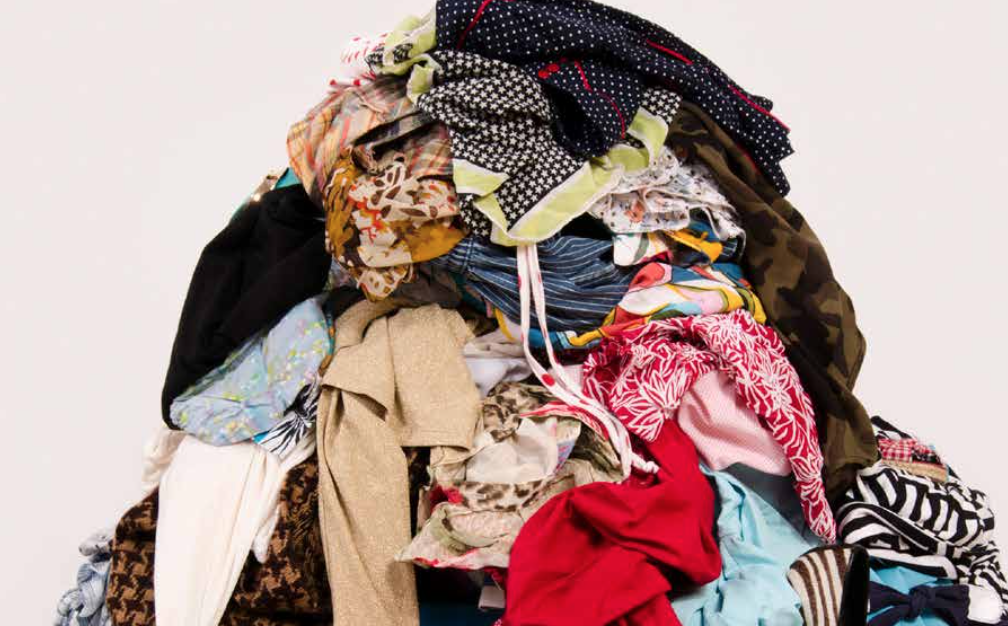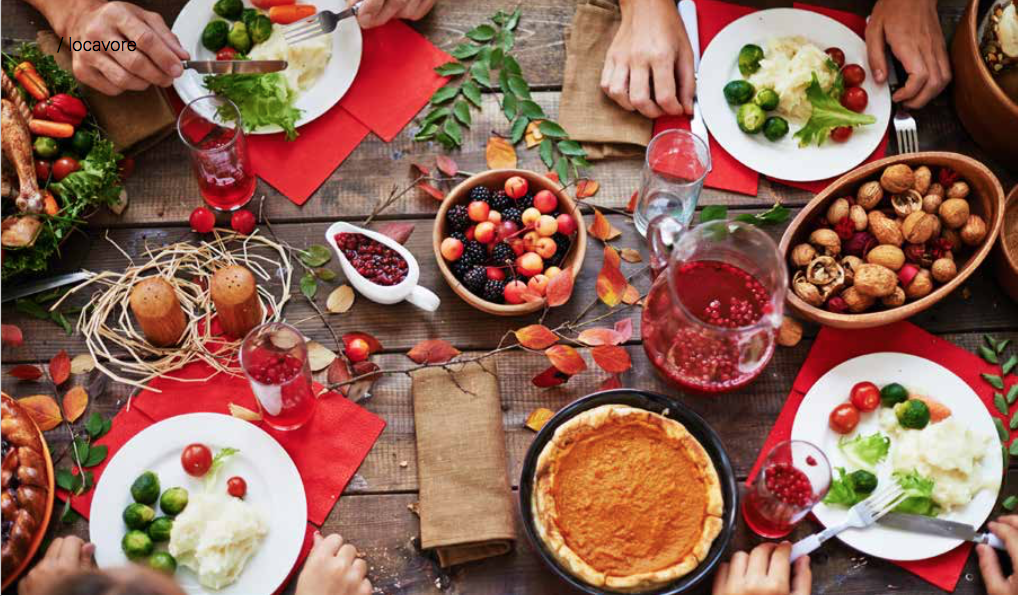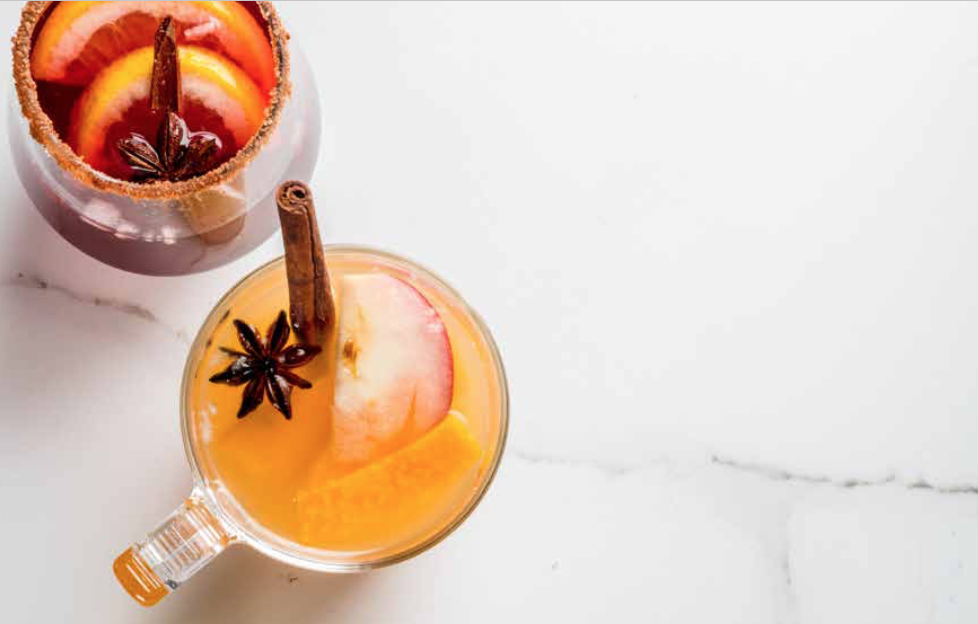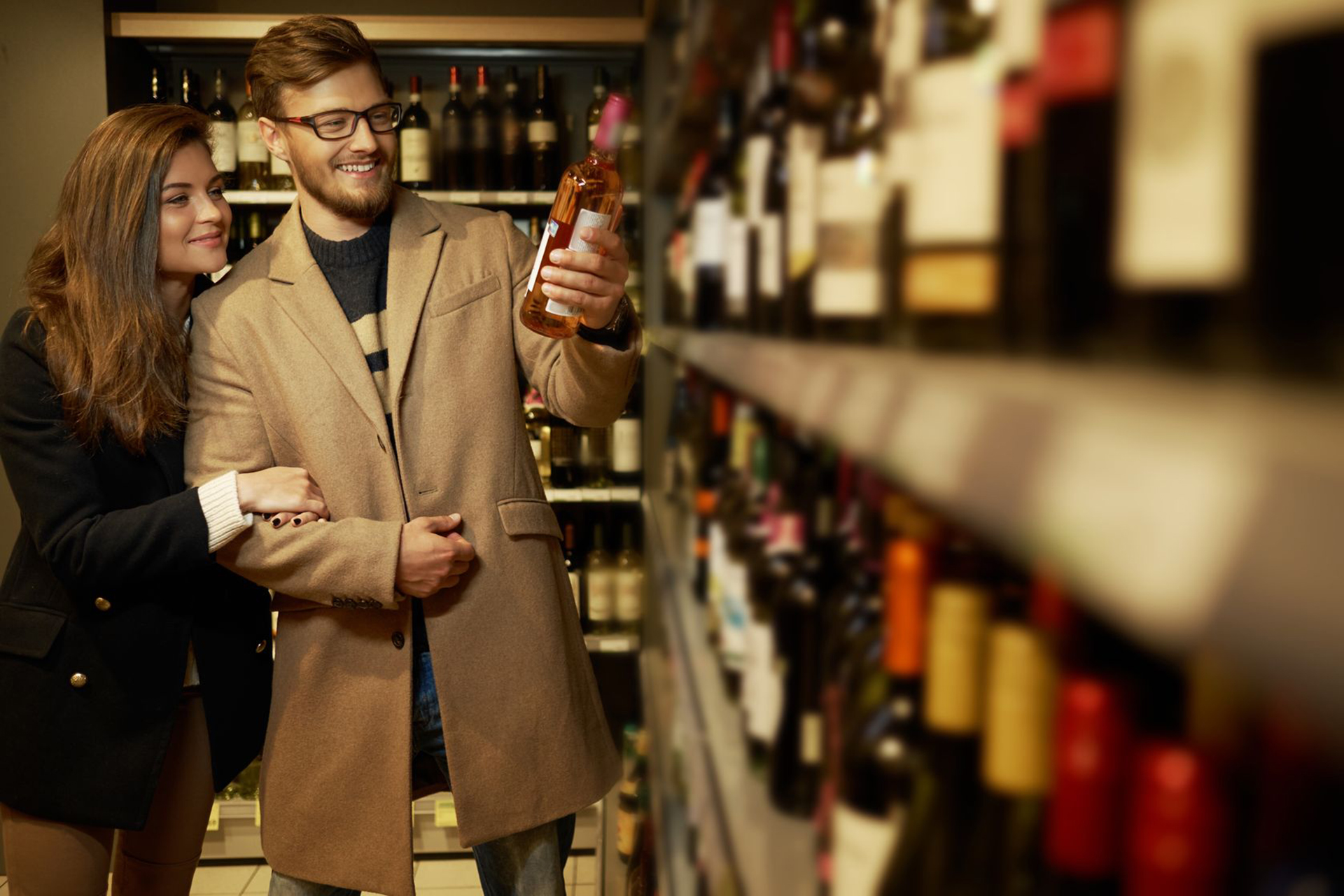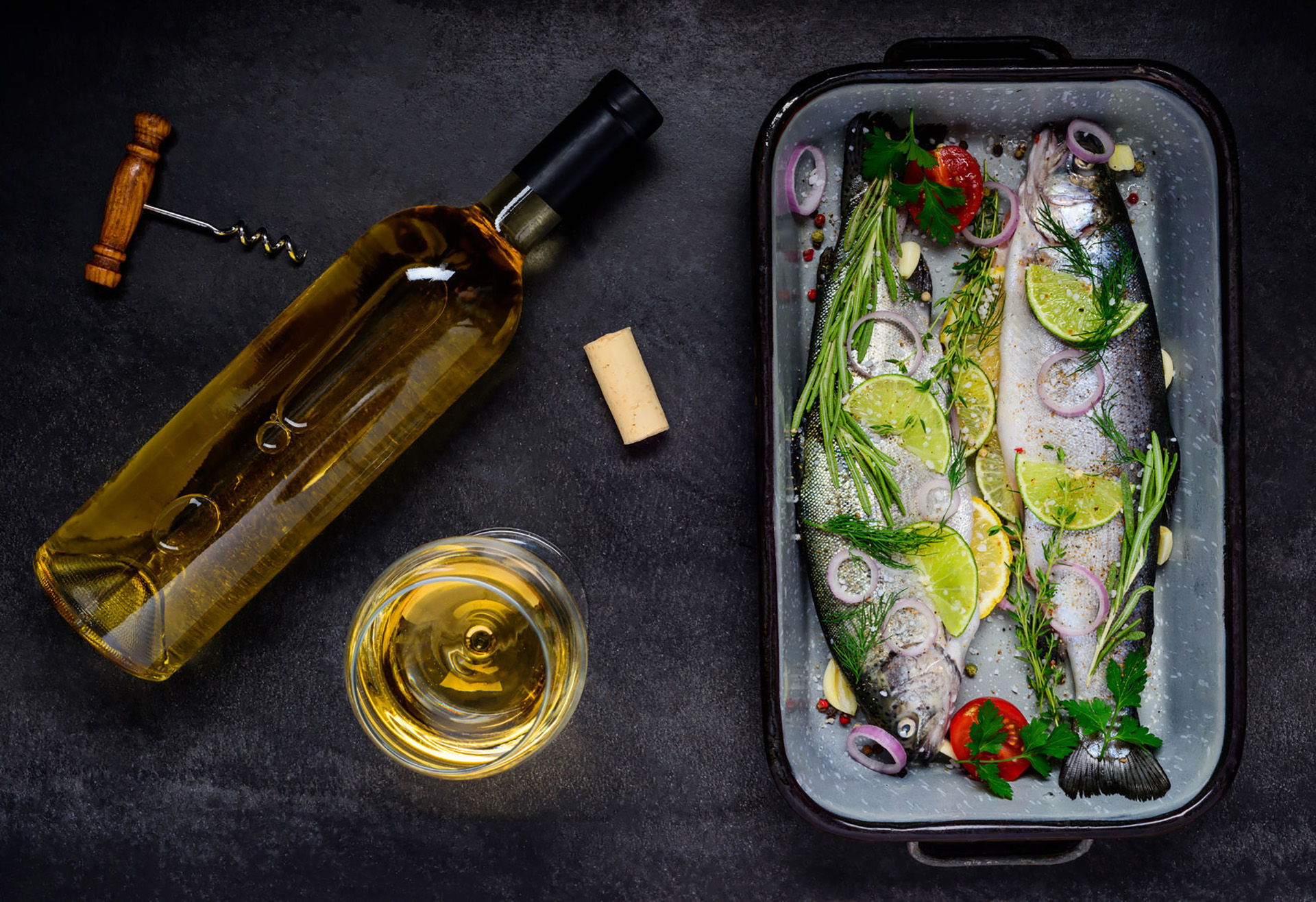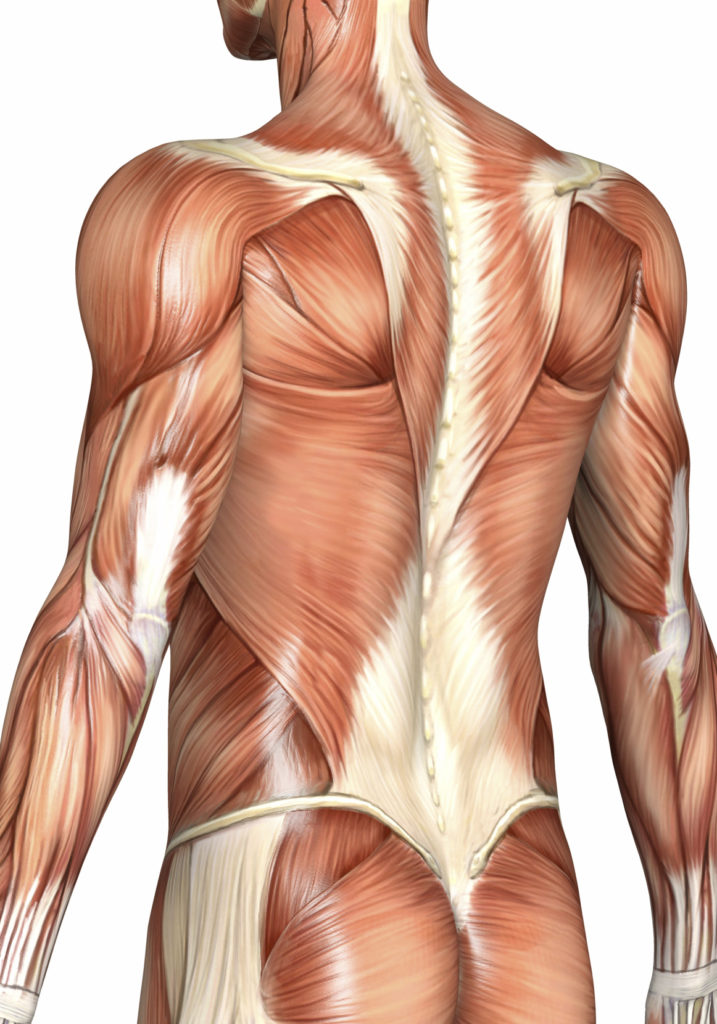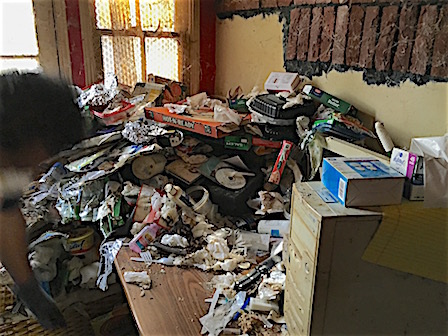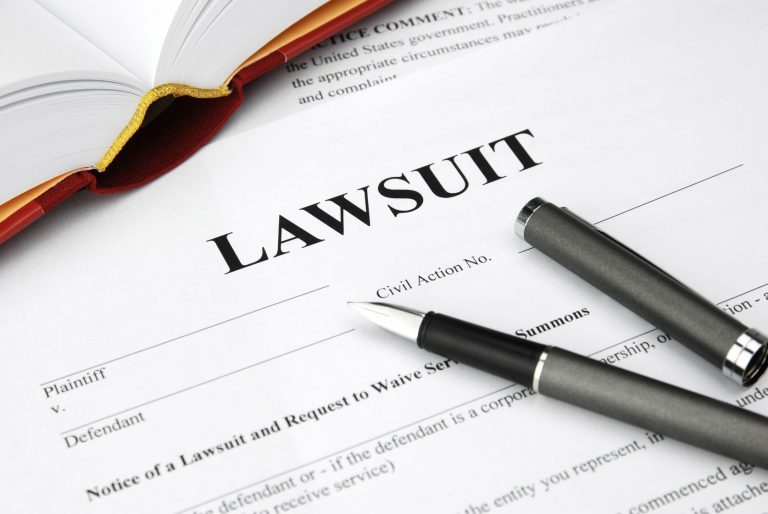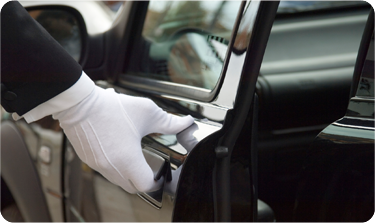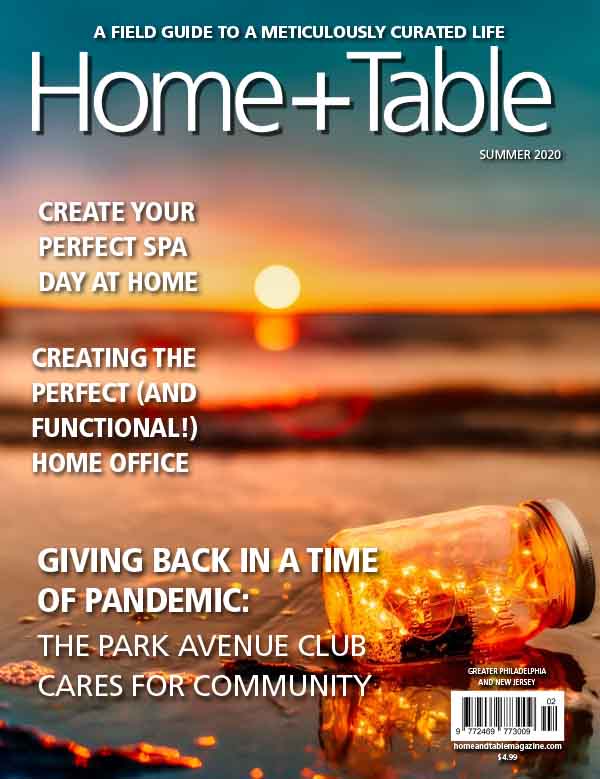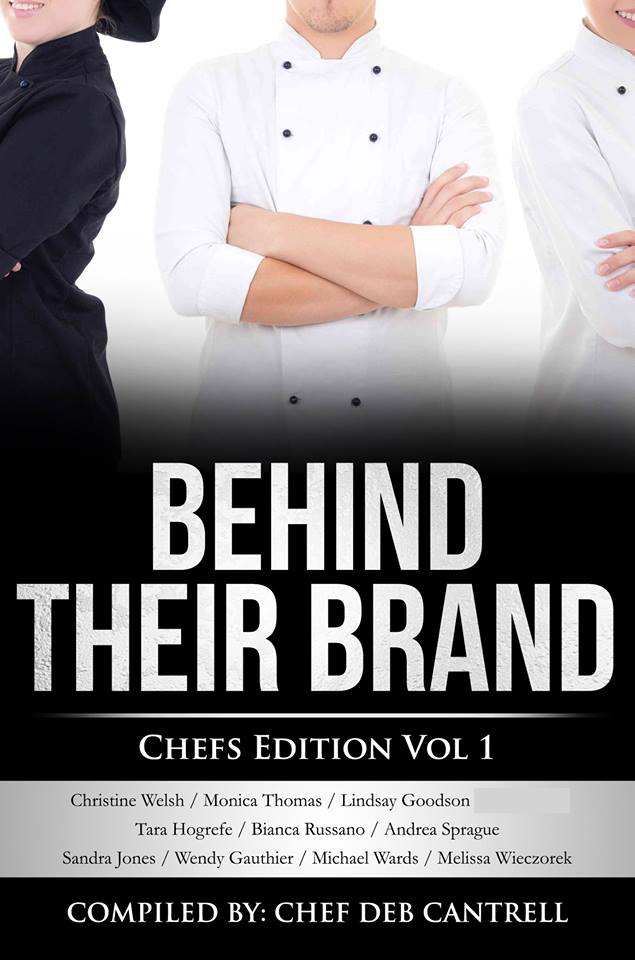
11 Signs That You Are In A Codependence Relationship
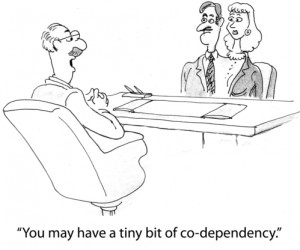
11 Signs That You Are In A Codependence Relationship
The word co-dependence was first used in the 70s to describe the pattern of coping behavior in the partner or family member of an alcoholic. I like Melodie Beattie’s simple definition: “A codependent person is one who has let another person’s behavior affect him or her, and who is obsessed with controlling or manipulating that person’s behavior or feelings.” Melodie Beattie from Codependent No More
In relationships where there is no issue with substances, co-dependence occurs and always becomes a source of confusion & guilt because of blurred boundaries.
Can you relate to having any of these codependent behaviors?
- think and feel responsible for other people – their feelings, thoughts, actions, choices, wants, needs, well-being or lack of well-being.
- feel compelled to help a person with a problem such as offering advice, suggestions or changing their feelings.
- Find yourself saying yes when you mean no
- feel sad because you believe you spend your life giving to others, and nobody gives to you
- believe deep inside that other people are somehow responsible for you
- think and talk a lot about other people
- have lived through events and with people that were out of control, causing sorrow and disappointment
- become afraid to let other people be who they are and allow events to happen naturally, with natural consequences
- think you know best how things should turn out and how people should behave
- try to control others through helplessness, guilt, coercion, threats, advice giving, manipulation and domination
- look to relationships to provide all your good feelings
These traits/behaviors show up often in therapy and are at the root of many confusing conflicts that people have. Statements like “he makes me feel guilty” and expectations of what the partner needs to do to make them happy indicate a quagmire of co-dependence that needs to be explored.
No one can make us feel guilty without our permission and behavioral prescriptions demanding change from others are not ways to improve any relationship. Clearly seeing what is and what is not our responsibility or within our control relieves stress and frees us from the trap of guilt at taking over-responsibility for others and their feelings. It also saves frustration when others do not comply with our demands. I’m not sure where it came from but I like the visual of the statement: What’s in my hula hoop?
About the Author: Angela Winslow specializes in marriage counseling and couples therapy in San Diego. Affairs, infidelity, communication skills, sex therapy and parenting are areas of expertise.



